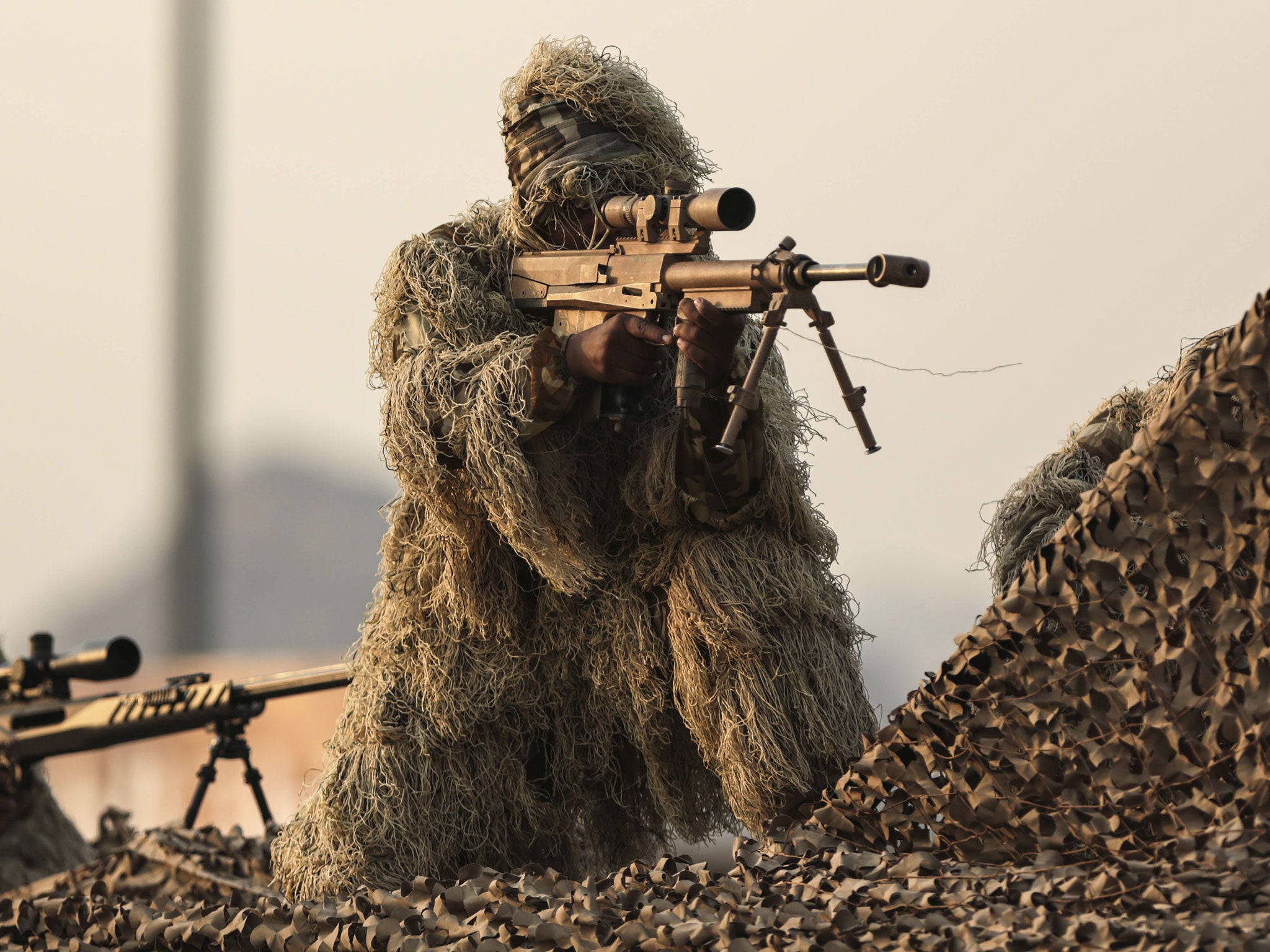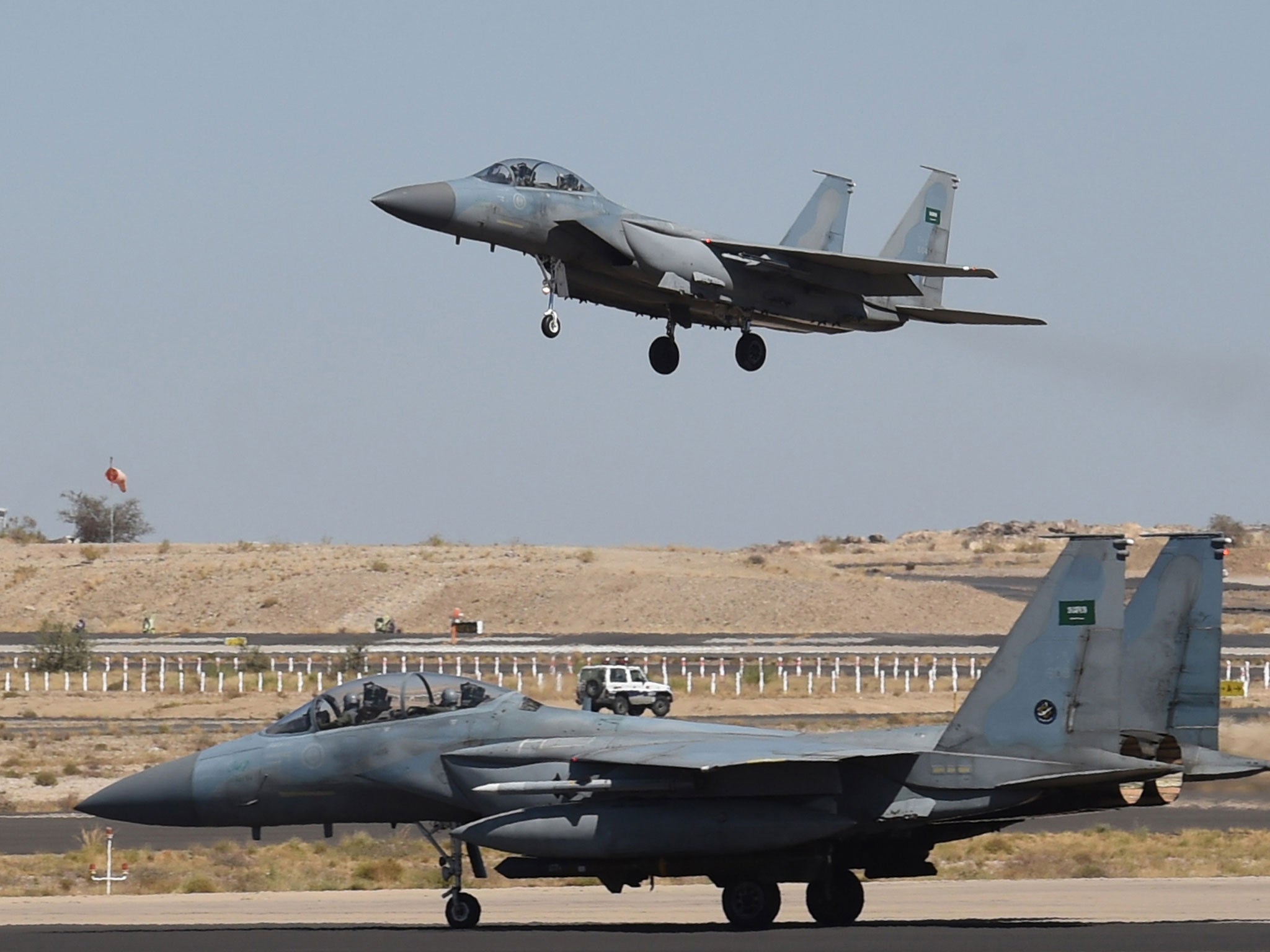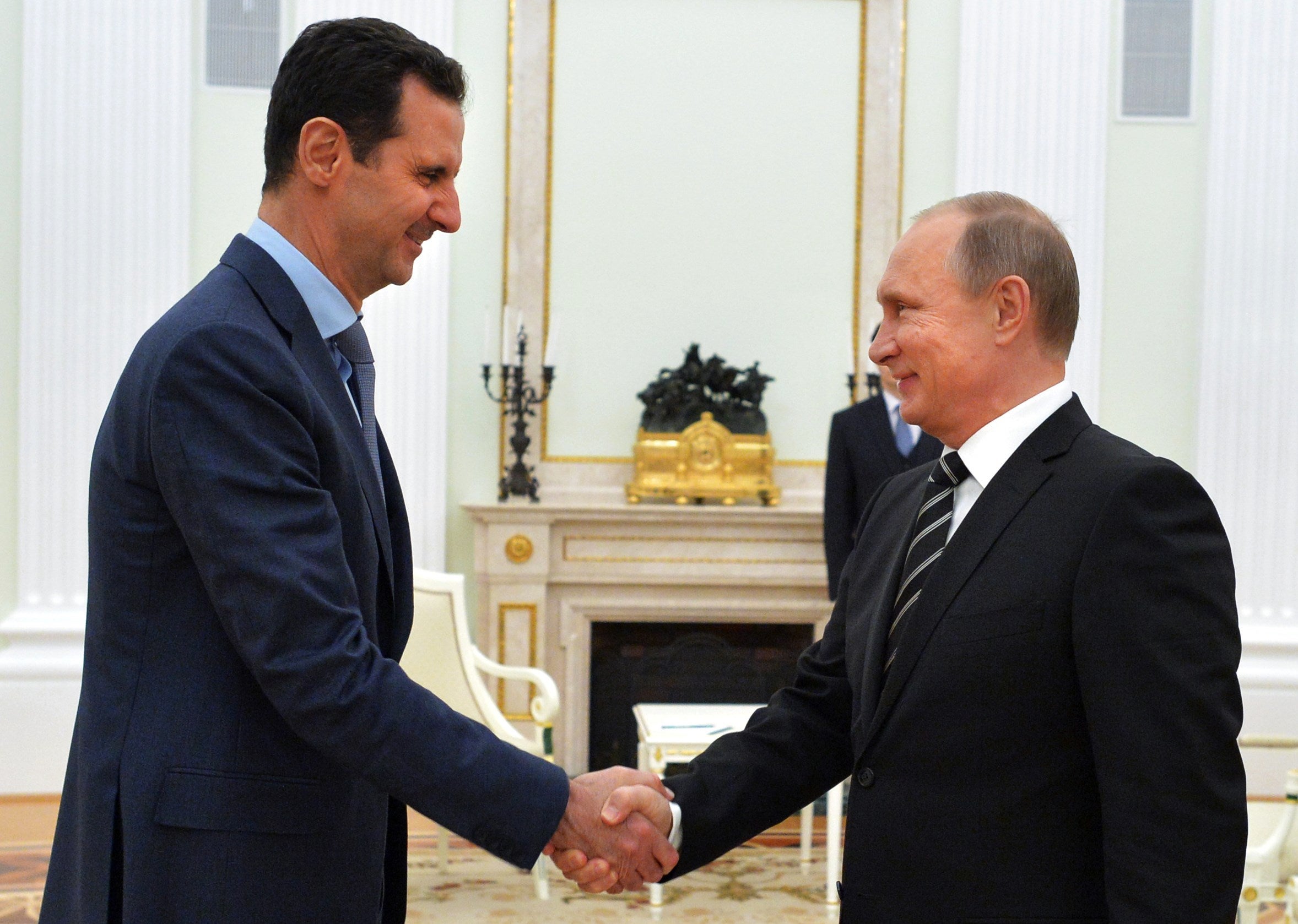Saudi Arabia sends troops and fighter jets to military base in Turkey ahead of intervention against Isis in Syria
Saudi officials have stated that they want to fight Isis and see President Bashar al-Assad removed

Your support helps us to tell the story
From reproductive rights to climate change to Big Tech, The Independent is on the ground when the story is developing. Whether it's investigating the financials of Elon Musk's pro-Trump PAC or producing our latest documentary, 'The A Word', which shines a light on the American women fighting for reproductive rights, we know how important it is to parse out the facts from the messaging.
At such a critical moment in US history, we need reporters on the ground. Your donation allows us to keep sending journalists to speak to both sides of the story.
The Independent is trusted by Americans across the entire political spectrum. And unlike many other quality news outlets, we choose not to lock Americans out of our reporting and analysis with paywalls. We believe quality journalism should be available to everyone, paid for by those who can afford it.
Your support makes all the difference.Saudi Arabia is sending troops and fighter jets to Turkey's Incirlik military base ahead of a possible ground invasion of Syria.
The Turkish foreign minister, Mevlut Cavusoglu, confirmed the deployment in a statement to the Yeni Şafak newspaper on Saturday, days before a temporary ceasefire is due to come into force.
“Saudi Arabia declared its determination against Daesh (the Arabic term for Isis) by saying that they were ready to send both jets and troops,” he said.
“At every coalition meeting we have always emphasised the need for an extensive result-oriented strategy in the fight against the Daesh terrorist group.
“If we have such a strategy, then Turkey and Saudi Arabia may launch an operation from the land.”
He confirmed that planes and military personnel were being sent to Incirlik, in Adana near the Syrian border, but said numbers had not been confirmed.
Adel al-Jubeir, the Saudi foreign minister, said Russia's intervention would not help Assad stay in power in an interview published today.
“There will be no Bashar al-Assad in the future,” he told a German newspaper.

Co-operation with Turkey could prove problematic if Saudi Arabia follows its definition of “terrorists” to include Kurdish fighters, who have been one of the most effective forces against Isis on the ground.
Mr Cavusoglu’s statement also raised the possibility of conflict between Turkey and Russia, which he accused of hitting the so-called Islamic State with only 12 per cent of its air strikes.
“Russia's target is supporting Assad, we all know that,” he added. “But the question is this: Who will stop Russia doing that?”
Ash Carter, the American defence secretary, said on Friday that he expected the Saudis and the United Arab Emirates to send commandos to help recapture Isis’ Syrian stronghold and de-facto capital of Raqqa.
Saudi Arabia and Turkey are among Assad’s foreign opponents who have been supplying selected rebel groups with weapons via a Turkey-based operations centre.
Some of the vetted groups, mainly part of the Free Syrian Army, have received military training overseen by the US Central Intelligence Agency.

In the wake of Saudi Arabia’s proposal to send in ground troops on Thursday, the Russian Prime Minister claimed the move could spark a new world war.
“A ground operation draws everyone taking part in it into a war,“ he told the Handelsblatt newspaper.
“The Americans and our Arab partners must consider whether or not they want a permanent war.”
Russia started its intervention in September at the request of Assad, Vladimir Putin’s long-term ally, to support the Syrian regime.
The Kremlin has repeatedly claimed it is bombing “terrorists” but has been condemned by the UN and the international community for evidence it is predominantly targeting civilian areas held by anti-government rebels.
Russia’s intervention is supported by Iran, which admits sending troops to train Syrian forces but has been accused of sending its them into combat with rebels.
Iraqi Shia militias and fighters from the Lebanese group Hezbollah are also fighting the Syrian opposition.
Meanwhile, the US-led coalition has more than a dozen countries intervening against Isis in Syria and Iraq.
Talks in the German city of Munich on Friday saw world powers agree a temporary “cessation of hostilities” to start within a week but there was little hope for a long-term truce as Assad’s forces continue to make large gains against rebels with the backing of Russian air strikes.
If implemented, the deal would allow humanitarian aid to reach hundreds of thousands of Syrians trapped in besieged towns.
The conflict has killed at least 250,000 people, driven 11 million from their homes and sparked the refugee crisis in Europe.
Join our commenting forum
Join thought-provoking conversations, follow other Independent readers and see their replies
Comments